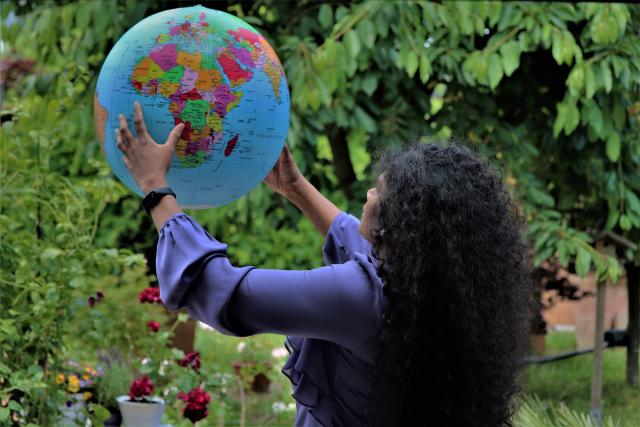International Women’s Day is celebrated in many countries around the world. It is a day when all women are recognised for their achievements. International Women’s Day was first born out of labour movements at the turn of the twentieth century in North America and across Europe.
Since those early days, International Women’s Day has grown in prominence and reach, touching women in every corner of the world. The growing international women’s movement has helped make International Women’s Day a central point for action, to build support for women’s rights and their full participation in the economy, politics, community and in everyday life.
Australia’s first International Women’s Day was held in 1928 in Sydney. Organised by the Militant Women’s Movement, women called for equal pay for equal work, an eight-hour working day for shop girls and paid leave. The next year the event spread to Brisbane. In 1931, annual marches were launched in both Sydney and Melbourne and both marches continue to be held today.
Since these early days, International Women’s Day has continued to grow. It is a day to celebrate women’s achievements and both highlight and work to address barriers that continue to perpetuate gender inequality.
International Women’s Day today
International Women’s Day has become a time to reflect on progress, to call for change and to celebrate the courage and determination of the women who changed history, and those who will advance gender equality into the future. International Women’s Day is an occasion to review how far women have come in their struggle for equality, peace and development. It is also an opportunity to unite, network and mobilise for meaningful change.
Theme
UN Women Australia’s International Women’s Day theme for 2023 is ‘Cracking the Code: Innovation for a gender equal future’.
Based on the priority theme for the United Nations 67th Commission on the Status of Women – Cracking the Code highlights the role that bold, transformative ideas, inclusive technologies, and accessible education can play in combatting discrimination and the marginalisation of women globally.
Innovation is a driver of change and by embracing new technologies and championing the unique skills and knowledge of women in science, technology, mathematics, and engineering (STEM), we can accelerate our progress towards a gender equal future.
While innovation has the power to transform lives, we know that there are still many barriers to equality. Access to inclusive digital technologies and education is critical. We must innovate to close the digital divide that keeps so many women offline and away from new opportunities.
By ensuring equal access to education for women and girls and creating clear pathways and inclusive workplaces for women in STEM, we can leverage the transformative power of inclusive innovation, so critical to cracking the code to gender equality.







